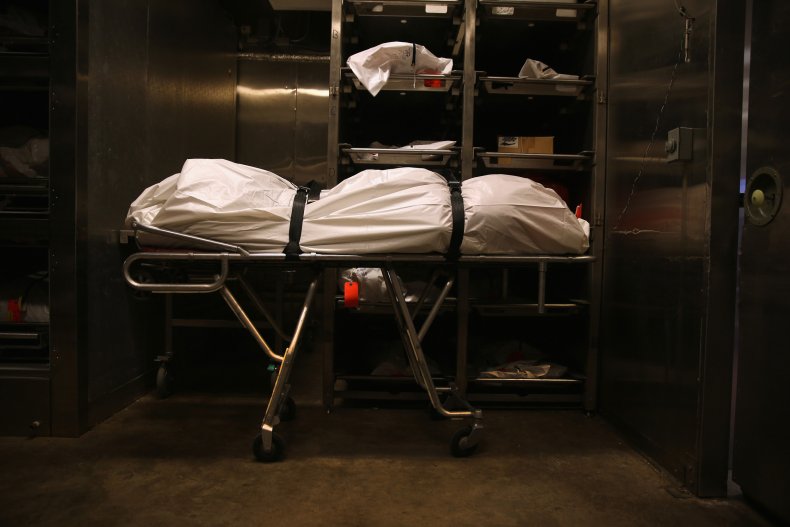Medical Student Flees Anatomy Class After Finding Friend's Body on Table
A medical student in Nigeria ran out of his anatomy class after recognizing the corpse he was asked to dissect as one of his close friends.
The BBC reported that medical student Enya Egbe, 26, vividly recalls a day spent seven years ago at Nigeria's University of Calabar, with other students with three cadavers laid out on tables.
Moments later, he screamed and ran, recognizing one of the corpses was his close friend Divine.
The two had been friends for more than seven years, and the class had planned to dissect him.
"We used to go clubbing together," he told the BBC. "There were two bullet holes on the right side of his chest."
Oyifo Ana, another student in the class, followed Egbe outside the classroom and found him crying outside.
"Most of the cadavers we used in school had bullets in them. I felt so bad when I realised that some of the people may not be real criminals," Ana said, adding she had once seen a police van with bloodied bodies at their medical school, which has a morgue attached to it.
Egbe got in touch with Divine's family, who had been going to different police stations to try and find their relative after he and three friends were arrested by security agents on their way back from a night out.
The family eventually reclaimed the body.
The shocking discovery in the medical class underscores the lack of corpses available in Nigeria for medical students and what can happen to victims of police violence.
There has been a gradual increase in accredited medical schools in Nigeria and there has also long-been a shortage of bodies for them to examine.
A research paper from 2020 highlighted the unwillingness of Nigeria anatomists to donate bodies to medical schools. The paper found that male anatomists were more willing (77.8 percent) than female anatomists (22.2 percent) to donate bodies for medical research.
It found anatomists who represented the Igbo ethnic group in Nigeria were most willing to donate their bodies, when compared to other ethnic groups.
Family disposition and religion were found to be the main reasons for anatomists being unwilling to donate their bodies in Nigeria.
A paper from 2011 in the medical journalist Clinical Anatomy found that more than 90 percent of bodies used in medical schools were "criminals killed by shooting."
The research said that most were men aged between 20 and 40, often from a lower socio-economic class.
Following the end of the #EndSars protests against the brutality of Nigerian police last year, the country's government set up judicial panels of inquiry in different states to investigate allegations of police violence. The protests begun after a viral video of a young man allegedly shot dead by the police's Special Anti-Robbery Squad (Sars) in the southern state of Delta.
Many who spoke in the inquiry were people who had relatives go missing after being arrested by security agents, and were never seen again.
Police spokesman Frank Mba told the BBC he was not aware of any case where the police left bodies in anatomy labs or mortuaries.


